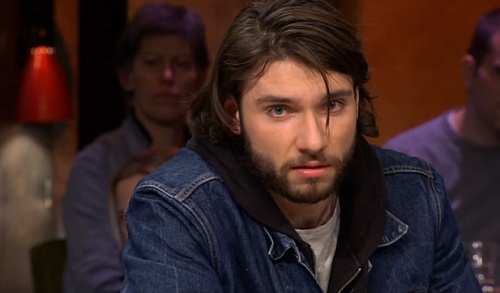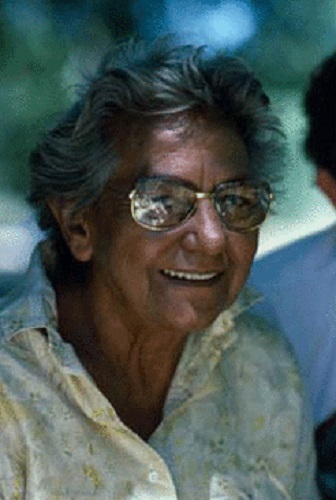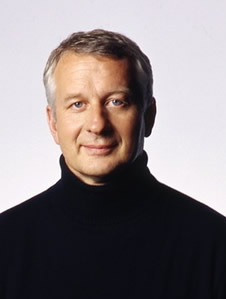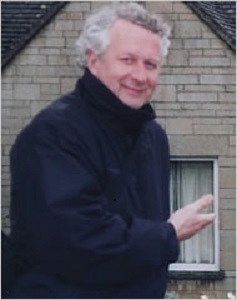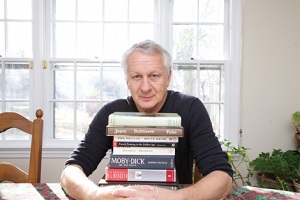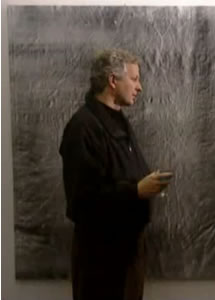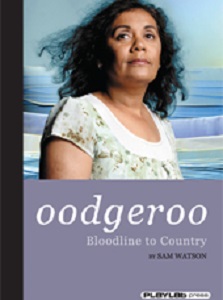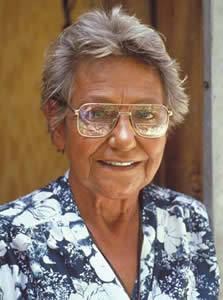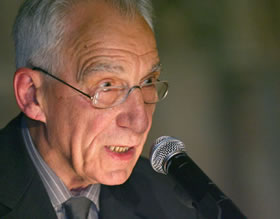De Amerikaanse schrijver, humorist en criticus Joe Queenan werd geboren op 3 november 1950 in Philadelphia, Pennsylvania. Zie ook alle tags voor Joe Queenan op dit blog.
Uit: My 6,128 Favorite Books
“A case can be made that people who read a preposterous number of books are not playing with a full deck. I prefer to think of us as dissatisfied customers. If you have read 6,000 books in your lifetime, or even 600, it’s probably because at some level you find “reality” a bit of a disappointment. People in the 19th century fell in love with “Ivanhoe” and “The Count of Monte Cristo” because they loathed the age they were living through. Women in our own era read “Pride and Prejudice” and “Jane Eyre” and even “The Bridges of Madison County”—a dimwit, hayseed reworking of “Madame Bovary”—because they imagine how much happier they would be if their husbands did not spend quite so much time with their drunken, illiterate golf buddies down at Myrtle Beach. A blind bigamist nobleman with a ruined castle and an insane, incinerated first wife beats those losers any day of the week. Blind, two-timing noblemen never wear belted shorts.
Similarly, finding oneself at the epicenter of a vast, global conspiracy involving both the Knights Templar and the Vatican would be a huge improvement over slaving away at the Bureau of Labor Statistics for the rest of your life or being married to someone who is drowning in dunning notices from Williams-Sonoma . No matter what they may tell themselves, book lovers do not read primarily to obtain information or to while away the time. They read to escape to a more exciting, more rewarding world. A world where they do not hate their jobs, their spouses, their governments, their lives. A world where women do not constantly say things like “Have a good one!” and “Sounds like a plan!” A world where men do not wear belted shorts. Certainly not the Knights Templar.
I read books—mostly fiction—for at least two hours a day, but I also spend two hours a day reading newspapers and magazines, gathering material for my work, which consists of ridiculing idiots or, when they are not available, morons. I read books in all the obvious places—in my house and office, on trains and buses and planes—but I’ve also read them at plays and concerts and prizefights, and not just during the intermissions. I’ve read books while waiting for friends to get sprung from the drunk tank, while waiting for people to emerge from comas, while waiting for the Iceman to cometh.
In my 20s, when I worked the graveyard shift loading trucks in a charm-free Philadelphia suburb, I would read during my lunch breaks, a practice that was dimly viewed by the Teamsters I worked with. Just to be on the safe side, I never read existentialists, poetry or books like “Lettres de Madame de Sévigné” in their presence, as they would have cut me to ribbons.”
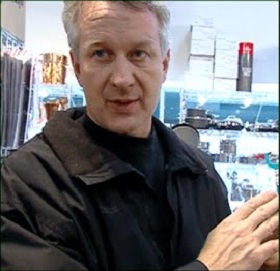
Joe Queenan (Philadelphia, 3 november 1950)
De Australische dichteres en schrijfster Oodgeroo Noonuccal (eig. Kathleen Jean Mary Ruska) werd geboren op 3 november 1920 in Minjerribah (Stradbroke Island) in Moreton Bay. Zie ook alle tags voor Oodgeroo Noonuccal op dit blog.
Dawn Wail for the Dead
Dim light of daybreak now
Faintly over the sleeping camp.
Old lubra first to wake remembers:
First thing every dawn
Remember the dead, cry for them.
Softly at first her wail begins,
One by one as they wake and hear
Join in the cry, and the whole camp
Wails for the dead, the poor dead
Gone from here to the Dark Place:
They are remembered.
Then it is over, life now,
Fires lit, laughter now,
And a new day calling.
Entombed Warriors
Xian, September 20, 1984
Qin Shi Huang
(first Emperor of China)
Plotted his burial,
With careful and clear detail.
Called in his artists
To prepare for his resurrection.
Clay warriors and horses,
A legion of foot soldiers,
Cavalry,
Archers and Generals.
Swords, lances and spears,
And battle axes in bronze,
His artists
made for him,
And
All guarded his secret
For 2,000 years
The Earth Mother
Nursed her son,
Until
By chance,
A pick and shovel,
Revealed his secret.
The earth opened up
And exposed to the world,
His fear,
His insecurity.
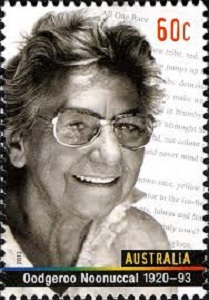
Oodgeroo Noonuccal (3 November 1920—16 September 1993)
De Nederlandse dichter en schrijver Jan Boerstoel werd geboren in Den Haag op 3 november 1944. Zie ook alle tags voor Jan Boerstoel op dit blog.
Leve de jalousie de métier
De mens is gierig, wreed en dom en daarbij nogal snel
geneigd zijn brave buurvrouw zelfs haar snorfiets te misgunnen,
al hoort zoiets sinds jaar en dag natuurlijk niet te kunnen
en kwam je vroeger om die afgunst ook nog in de hel.
Maar is de mens een kunstenaar, dan helpt de uitlaatklep
van broeders in het vak hem niet zozeer om te verheffen
als om te evenaren, sterker nog, te overtreffen,
want niets werkt inspirerender dan andermans geschep.
Ergo: wat buurmans gras aangaat, laat naijver je sieren,
als daardoor wordt bereikt, dat je nóg beter gaat tuinieren.
Uit: Acht kroegverzen
Dorst
De dorst
die voor de baat uitgaat,
maakt op den duur
dat niets meer baat.
Natuurliefhebber
Het mooiste uitzicht
volgens mij,
zijn veertig flessen
op een rij
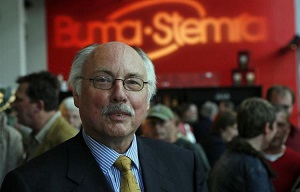
Jan Boerstoel (Den Haag, 3 november 1944)
De Nederlandse dichter, schrijver, performer en bassist Koen Frijns werd geboren op 3 november 1993 in Eindhoven. Zie ook alle tags voor Koen Frijns op dit blog.
Hoe God toch De Bruin versloeg
Scootmobiels zaten vast in de modder,
vrouwen werden op de rug weggedragen
en krukken vlogen door de lucht..
Het stormde in Lourdes.
Hinkelend en proestend keken
de geredde pelgrims
naar mevrouw De Bruin die achterbleef
en rustig in haar rolstoel zat.
Het water trad buiten haar oevers en
steeg
tot een mythische hoogte.
De Bruin duwde haar arm door haar keel
en trok via haar luchtpijp een long uit haar
kas
Ze zette de long op de ventielen van haar banden
en pompte tot ze geen adem meer bezat.
De banden groeiden en groeiden
Tot een vlot geboren was.
Ze deinde mee op Gods water, zeven
dagen lang.
Tot ze strandde op een eiland in de
oceaan.
Ze teerde op het laatste beetje zuurstof
dat nog in haar bloedvaten zat.
Een engel dook op uit het water.
Ze boog zich over De Bruin en vroeg:
Was Gods woord niet voldoende?
Waarom hebt gij niet gedaan wat God u
beval? ‘
Dat heb ik niet.’ zei De Bruin
Ik wilde eigenlijk terug naar Kerkrade.’
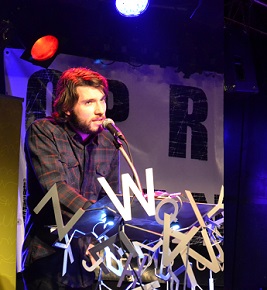
Koen Frijns (Eindhoven, 3 november 1993)
De Franse schrijver en kunstfilosoof André Malraux werd geboren op 3 november 1901 in Parijs. Zie ook alle tags voor André Malraux op dit blog.
Uit: Antimémoires
“1965 au large de la Crète
Je me suis évadé, en 1940, avec le futur aumônier du Vercors. Nous nous retrouvâmes peu de temps après l’évasion, dans le village de la Drôme dont il était curé, et où il donnait aux israélites, à tour de bras, des certificats de baptême de toutes dates, à condition pourtant de les baptiser : « Il en restera toujours quelque chose… » Il n’était jamais venu à Paris : il avait achevé ses études au séminaire de Lyon. Nous poursuivions la conversation sans fin de ceux qui se retrouvent, dans l’odeur du village nocturne. « Vous confessez depuis combien de temps ? — Une quinzaine d’années… — Qu’est-ce que la confession vous a enseigné des hommes ? — Vous savez, la confession n’apprend rien, parce que dès que l’on confesse, on est un autre, il y a la Grâce. Et pourtant… D’abord, les gens sont beaucoup plus malheureux qu’on ne croit… et puis… » Il leva ses bras de bûcheron dans la nuit pleine d’étoiles : « Et puis, le fond de tout, c’est qu’il n’y a pas de grandes personnes… » Il est mort aux Glières. Réfléchir sur la vie — sur la vie en face de la mort — sans doute n’est-ce guère qu’approfondir son interrogation. Je ne parle pas du fait d’être tué, qui ne pose guère de question à quiconque a la chance banale d’être courageux, mais de la mort qui affleure dans tout ce qui est plus fort que l’homme, dans le vieillissement et même la métamorphose de la terre (la terre suggère la mort par sa torpeur millénaire comme par sa métamorphose, même si sa métamorphose est l’ceuvre de l’homme) et surtout l’irrémédiable, le : tu ne sauras jamais ce que tout cela voulait dire.”
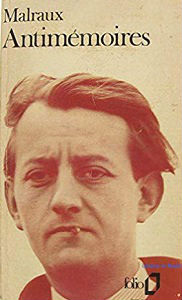
André Malraux (3 november 1901 – 23 november 1976)
Cover
Zie voor nog meer schrijvers van de 3e november ook mijn vorige blog van vandaag.
